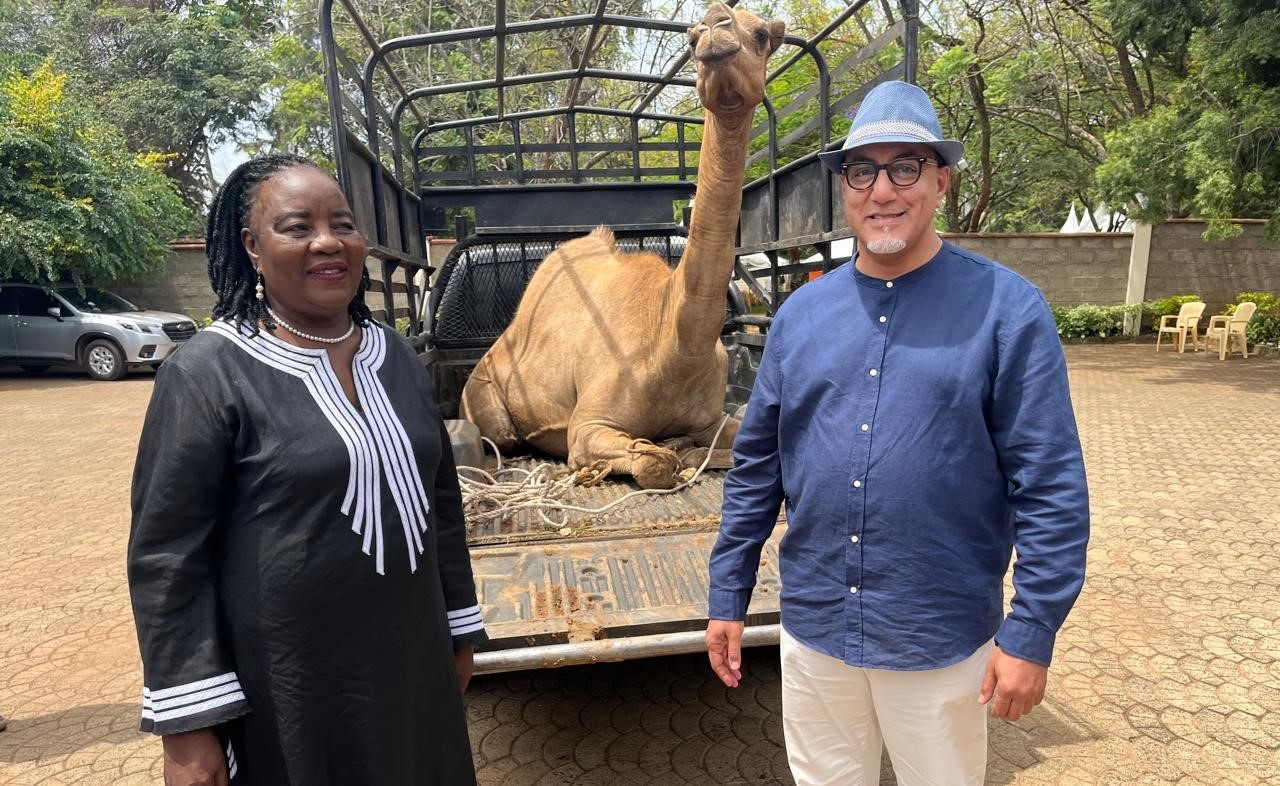Recent developments pitting the Football Kenya Federation against other stakeholders raise concerns about the local governing body's ability to administer football effectively.
The wrangles have reached a breaking point, impeding the progress of the sport in the country.
FKF must now strike a common chord with other stakeholders and focus on conducting elections as soon as possible.
Protracted squabbles have whipped up an air of uncertainty and animosity within the federation.
Conducting elections at the earliest opportunity will bring stability and transparency to FKF and provide a chance for a fresh start.
It will usher in new leaders who have the best interests of the football community at heart.
Local football stakeholders should focus on promoting and developing the game in the country instead of being embroiled in unnecessary fights.
The current administration must be given enough space and time to serve the nation without interference.
With clear leadership in place, FKF can work towards improving infrastructure, enhancing player development, and building a more competitive national team ahead of the 2027 Africa Cup of Nations.
Further differences and squabbles in the local football terrain will merely derail the development of the sport in the country.
However, it is equally important for the existing regime to lay the ground and provide specific timelines for elections which are now long overdue.
We can only restore trust and credibility in the sport by ushering in a democratically elected office.
As we wait for elections, we can work together to improve our football. The current office cannot achieve much in isolation.
FKF must involve other stakeholders to turn around the fortunes of our footballers.
They must include players, coaches, clubs, media, sponsors, and government in the decision-making process.
By working together, football stakeholders can unlock numerous benefits that positively impact the sport.
They possess the mojo to bring diverse expertise to the table, prompting a detailed understanding of various facets of the game.
This concerted knowledge can be channeled towards developing new and effective strategies and initiatives.
Collaboration allows for effective communication among stakeholders.
By pooling their thoughts and concerns, stakeholders can together address issues and make well-informed decisions that advance the sport. They may also jointly push for the funding of essential infrastructure.
Stakeholders can create events and programmes that encourage a closer bond with the game.
Although cooperation is necessary to advance the sport, there are certain difficulties involved.
Divergent objectives and preferences among stakeholders may give rise to discord and disputes.
On the other hand, these problems can be resolved and a peaceful atmosphere can be created with good communication and compromise.
Lack of resources and financial limitations can make joint efforts more difficult. This problem can be solved by sharing duties and pooling resources.
It can be difficult to foster trust amongst stakeholders, particularly if there have been prior disputes or confrontations.
Building trust and encouraging a collaborative spirit can be achieved through open and honest communication.



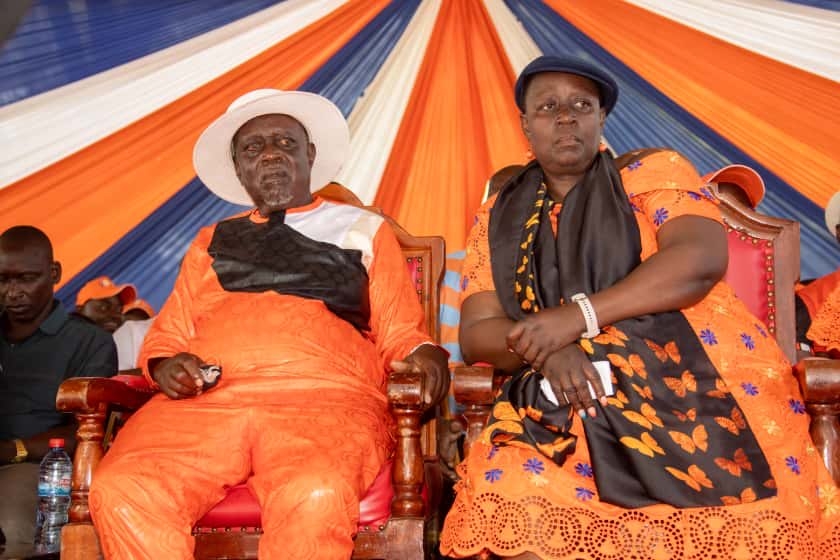
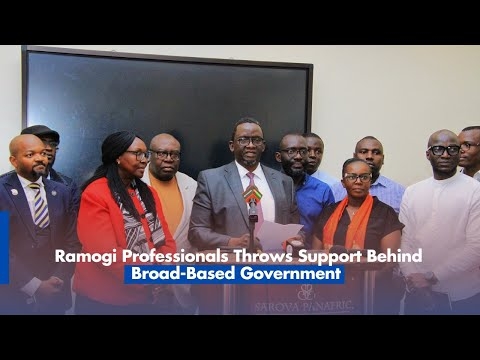




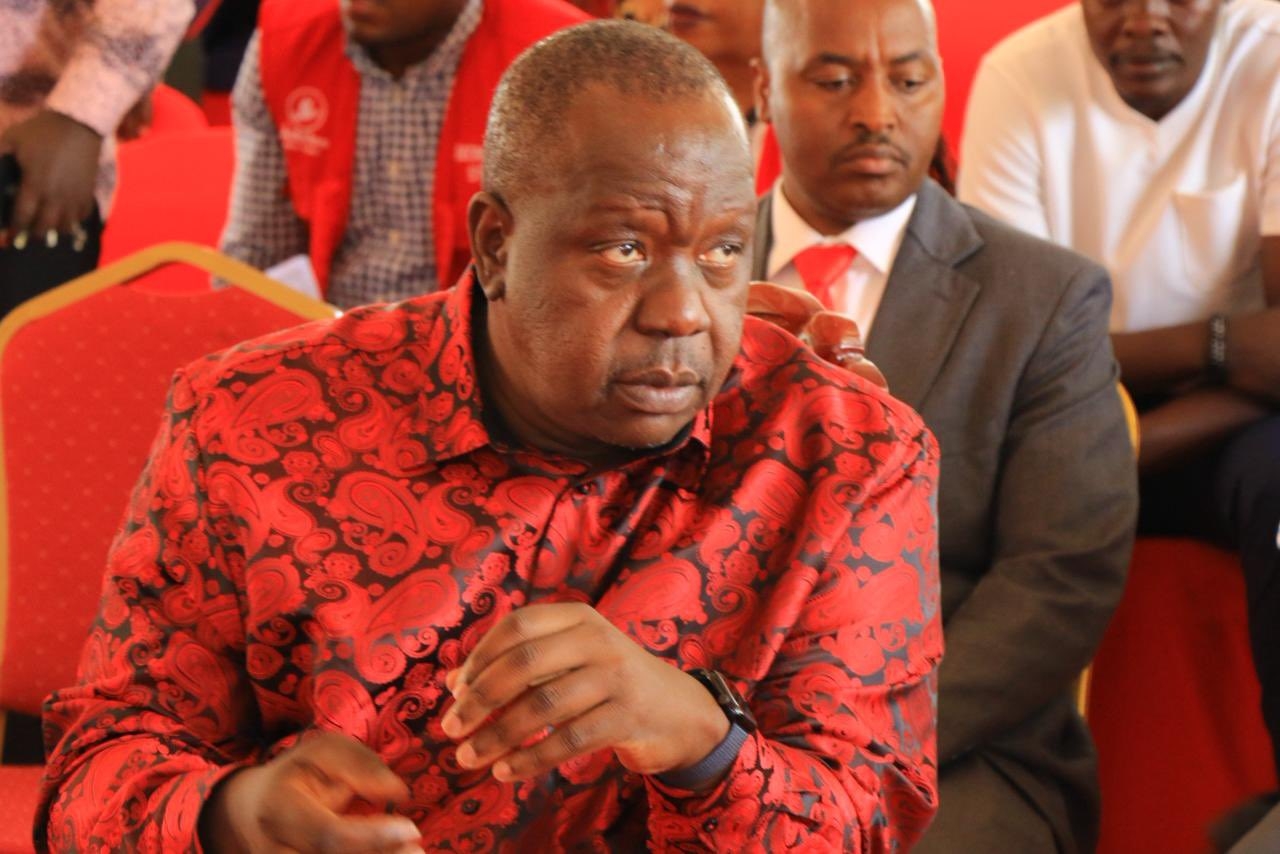
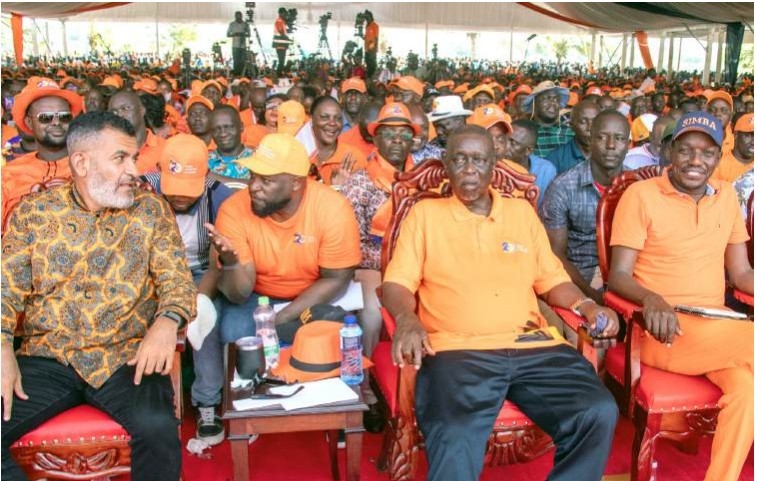
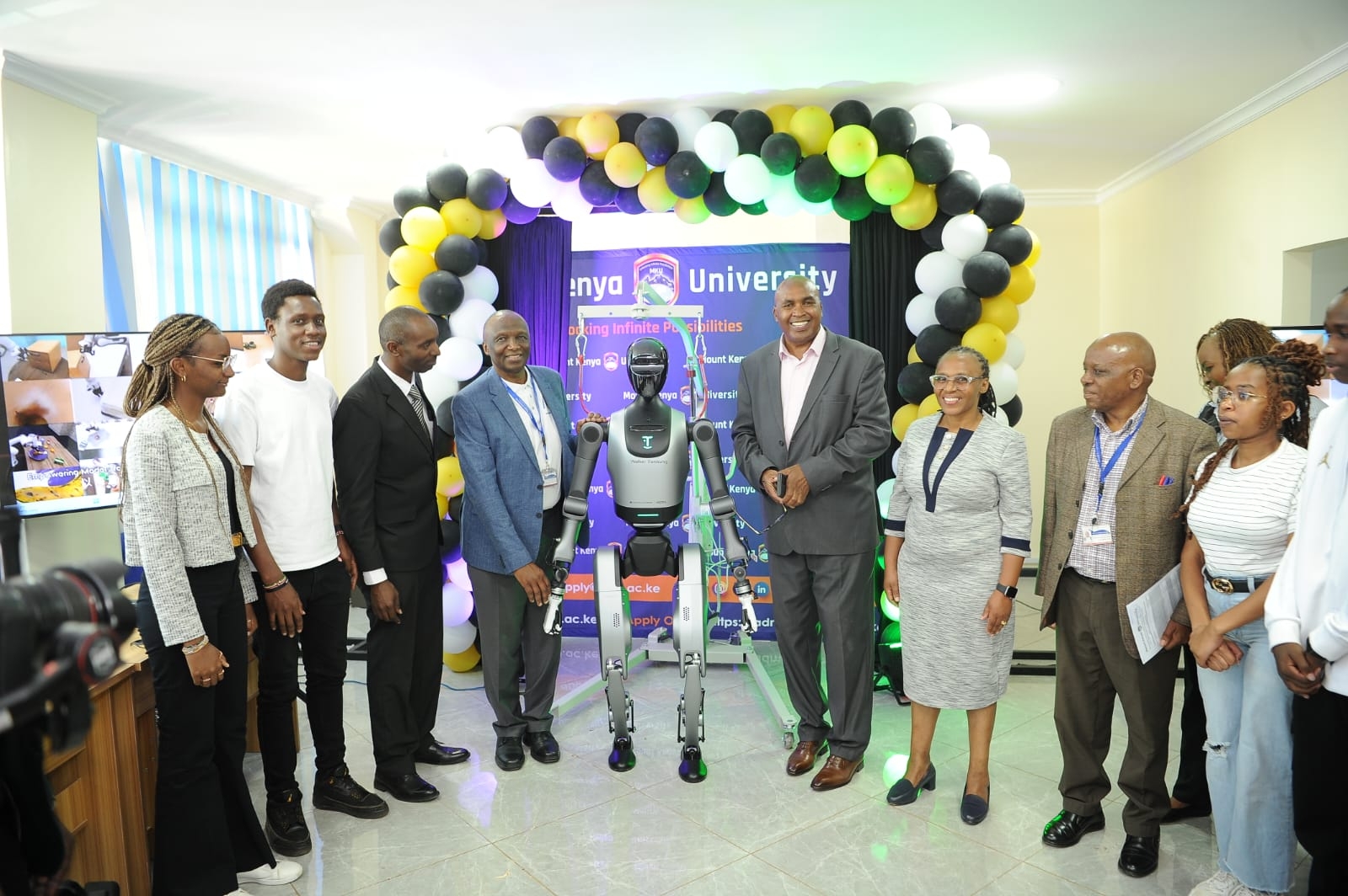
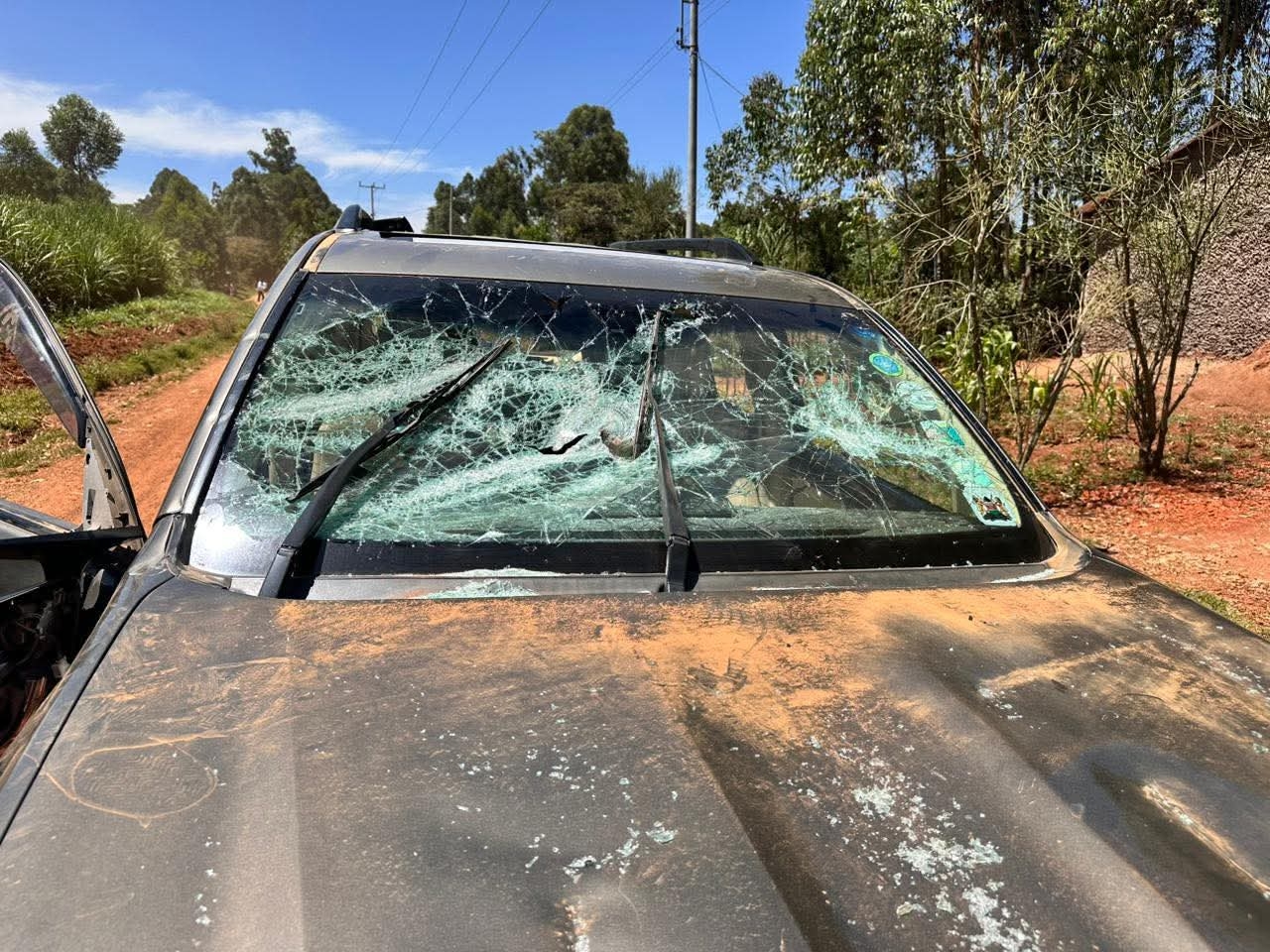

![[PHOTOS] Ole Ntutu’s son weds in stylish red-themed wedding](/_next/image?url=https%3A%2F%2Fcdn.radioafrica.digital%2Fimage%2F2025%2F11%2Ff0a5154e-67fd-4594-9d5d-6196bf96ed79.jpeg&w=3840&q=100)
